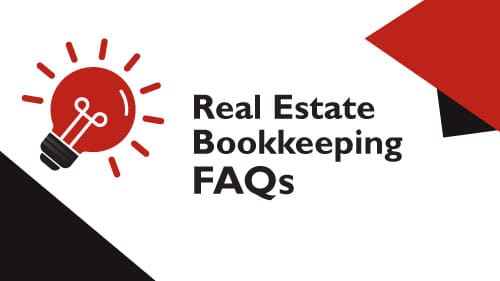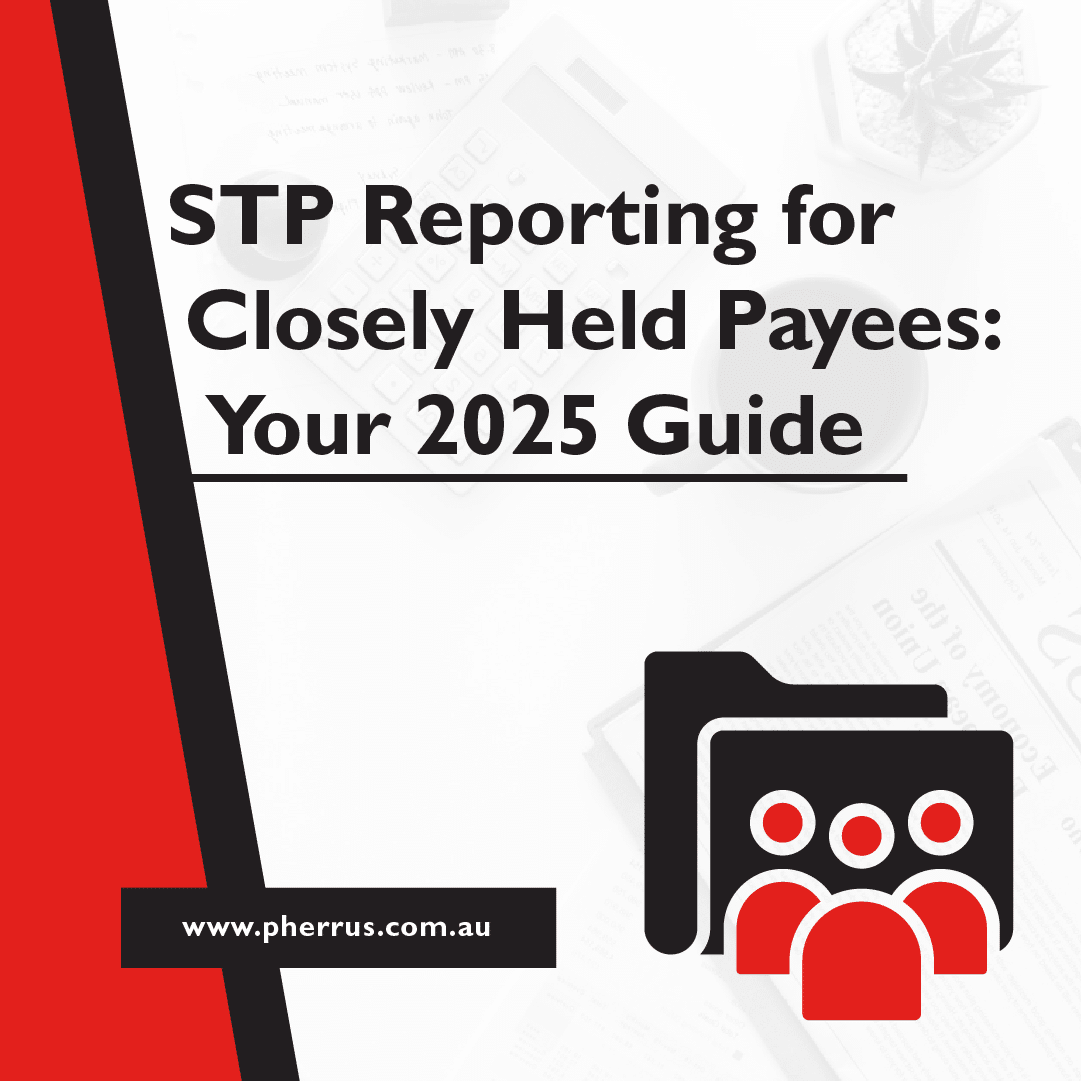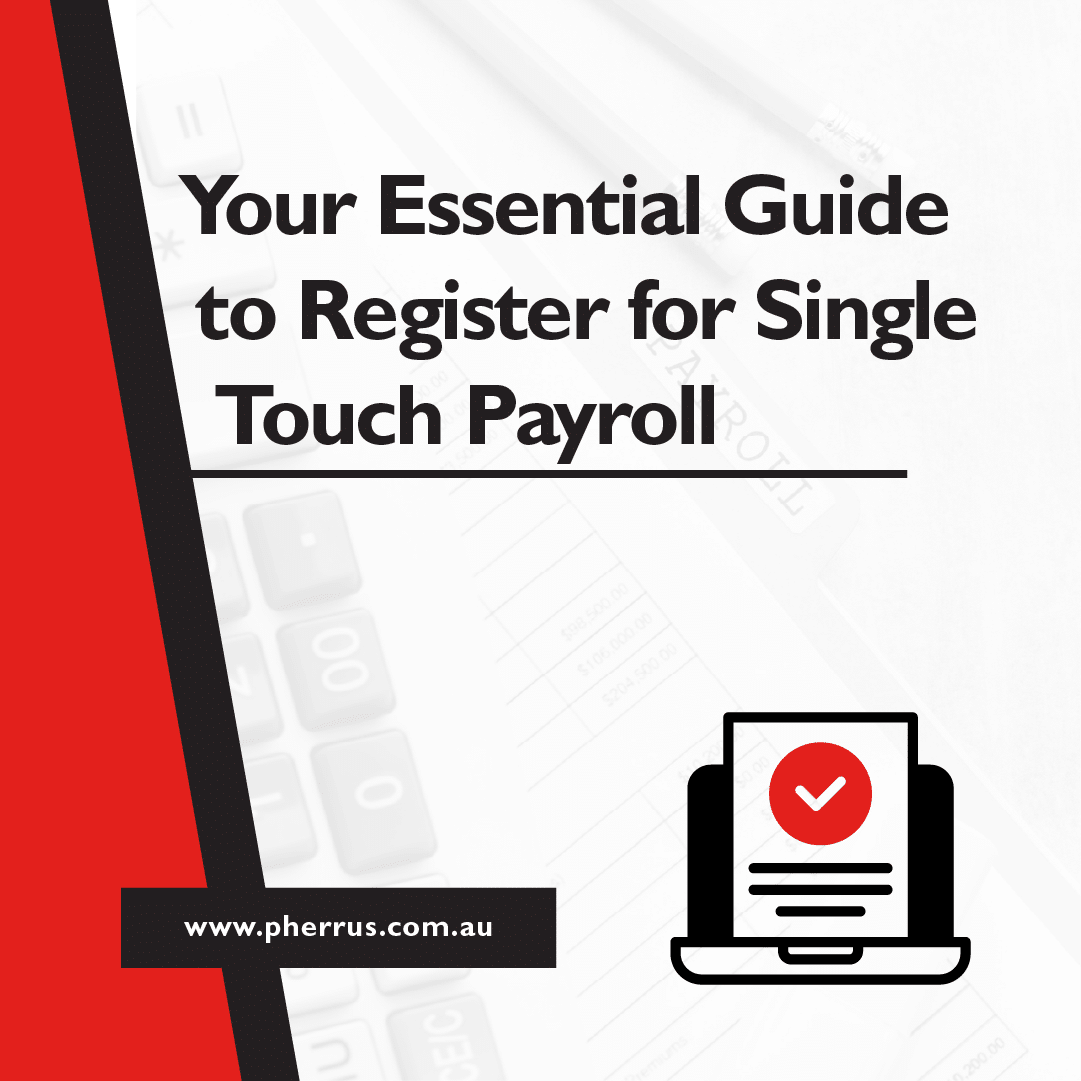
It’s estimated that real estate agents spend an average of 10 hours per week recording, organising and processing their financial transactions.
Accounts receivable and payable, employee salaries, expense receipts and invoices all need to be kept in check.
With so many other duties and requirements, more and more real estate agents are turning to professional bookkeepers to help them manage their finances and ensure business success.
We’ve put together this helpful guide to indicate why bookkeeping for real estate agents might be a great investment for your business.

Why do real estate agents need bookkeepers?
Real estate bookkeeping is a complex business, and with so many things to consider, it’s hard to know where to begin.
Here are some common challenges which can be effectively managed by a bookkeeping service for real estate agents.
Sales commissions
As many agency staff are paid a fixed salary and sales commission, determining payroll can be tedious, especially if you do not possess advanced software able to calculate commissions automatically.
A bookkeeper will have access to such software and will be able to help you ensure payroll is navigated efficiently and correctly.
Statutory trust accounts
Statutory trust accounts come into play when real estate agents collect money on behalf of another person during a real estate transaction and hold it in an account.
As there are specific laws and auditing requirements dictating the management of these accounts, engaging a professional bookkeeper can help to make the process more simple and less stressful.

What is included in bookkeeping services for real estate agents?
A professional bookkeeper will be able to provide the following services for your real estate business:
Recording all transactions, both credits and debits, to ensure you stay on top of money flowing in and out of your business and are aware of any credits or deductions you could be entitled to.
Producing financial statements, which can help if you’d like to claim revenue on sales.
Completion of Business Activity Statements (BAS) for ATO, which can help ensure your tax returns are filed promptly and correctly, and that all paperwork is completed in the event of a business audit.
Bank reconciliation, to monitor any income or expenses and maintain the health and security of your trust accounts.
Data entry, which can take the more onerous and time-consuming tasks off your hands.
Accounts receivable, which can help you stay on top of income generated from a property sale.
Accounts payable, such as invoices or expense receipts.
Payroll reporting, which might include the salary and commission of your agency staff.

Real estate bookkeeping FAQs
Should I use real estate account software?
While accounting software can help improve performance in the market, save valuable time, and predict income and expenses, there are risks involved.
Some software can be difficult to use and may end up requiring more time to learn or navigate, meaning you’re compromising your productivity and efficiency at work.
Additionally, there may be hidden fees or charges, customer service and support may be poor, and you may even end up paying for more features than you actually need.
What is trust accounting and why does it matter in real estate?
A trust account holds money that a real estate agent receives on behalf of another person during a real estate transaction.
This might include rental bonds, deposits on payments for sales of businesses, land or shares, rent on commercial, industrial or residential properties, fees received ahead of advertising, or advances for costs on utilities and outgoings.
If you hold or receive trust money, you must open and maintain a trust account with an authorised financial institution.
Trust accounting refers to the management of these accounts.
It is crucial to ensure you maintain appropriate boundaries with the individual whose money you hold and to prevent any misappropriation of this money.
As trust accounting can be a complex process requiring compliance with Fair Trading and property tax regulations, it is recommended you engage a bookkeeper to help manage your business’s investing and accounting processes.
Do real estate businesses get audited?
Yes.
Real estate businesses are subject to auditing, which may involve reviewing your practices and procedures, identifying any current or potential issues with your trust account, and providing you with an assurance report.
How can I make sure my confidentiality is maintained?
When you entrust your finances to another person, it’s natural to worry about confidentiality. We take every step to ensure our clients’ privacy is protected.
Dual-step authentication, anti-virus software installation, Cyberoam firewall, and limited accessibility to usernames and passwords help to ensure your business security is maintained at all times.

Do you need a real estate accountant?
Are you feeling overwhelmed by the piles of paperwork and difficult calculations involved in managing your business accounts?
A professional bookkeeper might be just what you need.
Bookkeepers can help you navigate accounting standards, correct valuations, and particular tax requirements, and can also oversee payroll, commission allocations, and the health and security of your trust accounts.
Pherrus is a Sydney-based team of experienced accountants, agents, tax lawyers and consultants.
We commit to ensuring all our valued clients receive the most relevant and honest advice to help them achieve and even surpass their financial goals.
We’ll work with you to make sure we develop the right strategies to keep your real estate business operating to its full potential.
With our friendly, professional and multi-disciplinary team, there’s no other place you’ll need to go for financial advice or real estate accounting and bookkeeping services.
Keep your real estate business operating smoothly with Pherrus. Contact us today at (02) 9099 9109.





